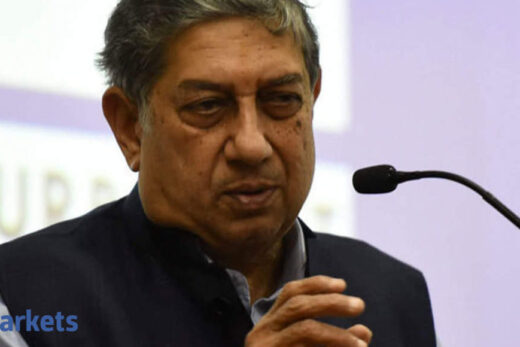Top exporter Saudi Arabia has pledged additional voluntary output cuts of 1 million barrels per day (bpd) in February and March under a deal between the Organization of the Petroleum Exporting Countries and its allies including Russia, a group known as OPEC+.
“A few months back we all were discussing about consumption-centric economic revival, demand revival, and we are supposed to restrict our production cuts and gradually ramp up the production by January – but in contradiction to that, now we all are controlling the oil production,” Oil Minister Dharmendra Pradhan said at an energy conference organised by the Atlantic Council.
Pradhan said the efforts to cut output, coordinated by OPEC Secretary-General Mohammad Sanusi Barkindo, were creating confusion for consumer countries.
“This kind of scenario will push us to more alternative methods of energy sourcing … if the producing country will not recognise our aspirations, then innovative new business models are bound to come up.”
Barkindo said at the same conference that the steps taken were within the framework of last year’s deal to cut output by about 9.7 million bpd, and were aimed at keeping oil markets stable on a sustainable basis.
Pradhan also said India was engaged on energy with the United States in many ways, and this would continue under the administration of Joe Biden, who becomes president on Wednesday.
“Change of guard is not unusual in a democracy. India will continue to have a good relationship with the U.S., including on the energy front,” he said.



